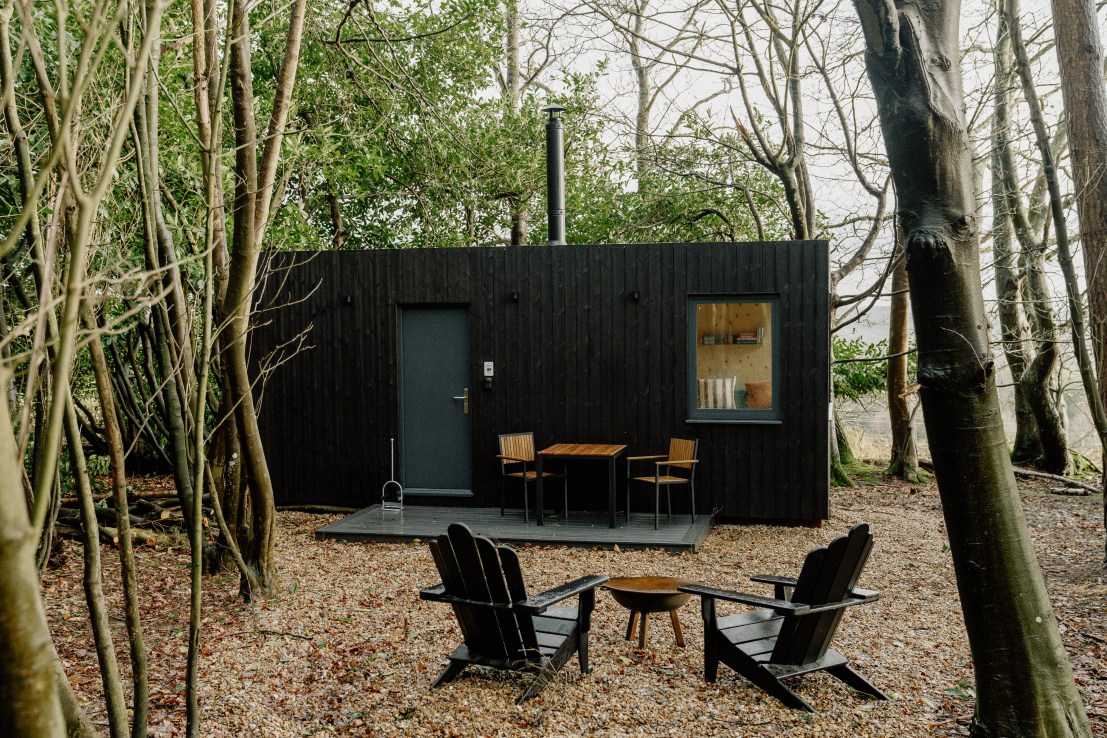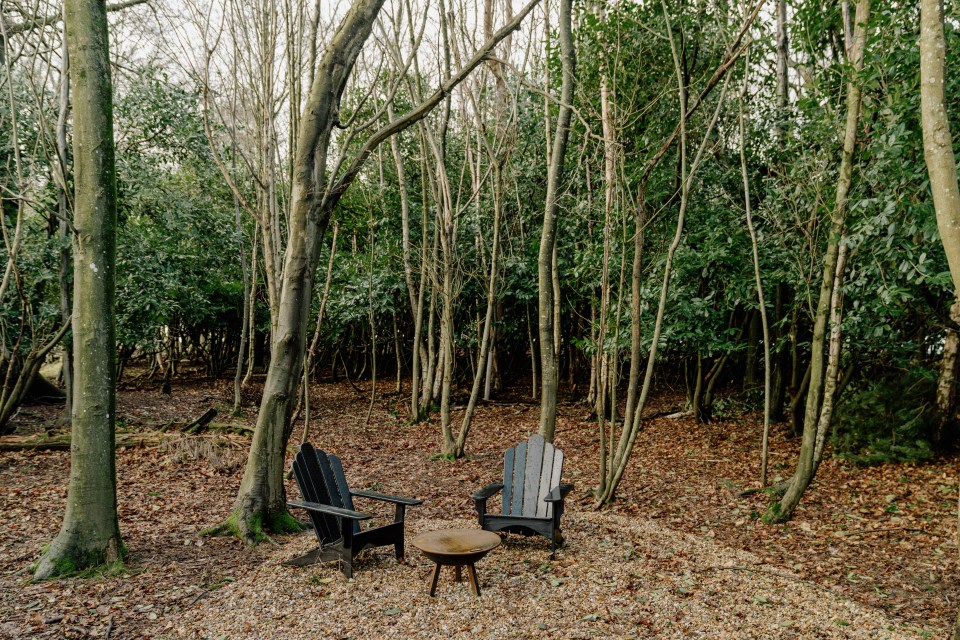
Remember there was a time when you would go on holiday and there was no readily available internet? Apart from maybe a pay-as-you-go computer by the reception. It was so much easier to truly clock off and enjoy a digital detox. Fast forward to today, and our reliance on technology has become second nature. Our entire lives, from work contacts to cherished memories, are crammed into our devices.
But in the whirlwind of technological advancements, there’s a stark absence of filters or regulations addressing limits and health risks. Questions like “how much is too much?” and “how can I get help” can linger in our tech-saturated lives. Which might be why global search interest for “digital detox retreat” has increased by 50 per cent in the past year.
Seeking respite
Enter Unplugged – a retreat just an hour and a half outside central London, offering a digital detox experience. Intrigued by the idea of a tech-free long weekend, I decided to see what it was all about. Living my life on adrenaline and always having the need to do something, I decided to give it a chance to completely unwind.
There’s over 20 locations to choose from, with 16 only one to two hours away from London. I went for the one near Robertsbridge, East Sussex – an ultra-secluded cabin in a natural environment to relax, recharge, and truly switch off.
Over half of Unplugged guests cite ‘burnout’ and ‘work stress’ as their key reasons for staying, while 45 per cent mention high screen time, scrolling, or social media as motivators. Which is why Unplugged offers a three-day digital detox, with 72 hours being the optimum time to reap the benefits of a true tech-free experience.

Detox time
Getting ready for this digital detox wasn’t just about packing my bags; it required a mental shift. Some light training was required, like consciously leaving my phone behind for routine tasks like taking the bins out, and deleting apps in favour of logging into websites as and when I needed to. I should have planned my timings better before travelling though, to dodge the early darkness.
Travelling without a car added its twists too, like booking a taxi well in advance due to a scarcity of drivers in the village of Robertsbridge with Uber not being readily available. A little mix-up with the driver dropping me at a different entrance from my map turned into an unexpected quest. So I muddled through the darkness, guided only by my phone torch and attempting to follow the Google Map pinpoint with minimal internet…
Living the cabin life
The gradual detoxing wasn’t easy. In fact, the initial moments at the retreat felt like something out of a horror film I was playing in my head. Complete with rustling bushes, wild deer scuttling past (or was it?) and an eerie absence of phone signals. A bit of accidental land trespassing and almost falling into a ditch added a dash of suspense.
The stark realisation of how reliant I was on my phone became even clearer at this point. Which quickly turned to relief when I found a shadow of a small cabin looming in the distance. Opening the door to my long weekend away from tech life revealed a simple yet cosy retreat – wooden walls, a comfortable bed, and a kitchen with a stove.
Nothing fancy, but definitely not a dingy cabin. Swapping my brand new iPhone for an old-school Nokia mobile, I also clocked a physical map and retro instant camera with film. Books and board games also lined the walls.
Saying goodbye to my phone for the weekend, I let the mystery of the dark surroundings unfold with the morning light the following day.
Enlightened
I woke up to natural light, with expansive windows perfectly framing nature, watching squirrels and birds dart among the towering tree branches in a meditative-like state. However, when it first came to lighting a wood fire I was stumped. Wishing I had brought a more practical guest with me, I then put myself to the test of trying and somewhat successfully lighting a glimmer of a fire.
A win as a strong independent cavewoman! In fact, 67 per cent of Unplugged solo travellers are female, a percentage that has also increased. But detoxing presented a new set of challenges. Transitioning from a buzzing routine to a strong silence felt like a withdrawal. My brain, accustomed to constant stimulation, grappled with this newfound calm. Then the reflex to reach for my phone revealed a stark reality – it wasn’t by my side.
Cooking on the stove and scheduling outdoor workouts offered a sense of purpose. The prospect of exploring nearby pubs and embarking on walks without digital navigation worried me at first but it made me more determined to absorb my surroundings rather than a map on my phone screen.
Recharged
Wandering without the safety net of Google Maps brought about a challenge. But the countryside, initially daunting, revealed its beauty when darkness wasn’t all-encompassing. Getting lost was unexpectedly enjoyable. As I left the cabin back to London the hum of the city gradually replaced the tranquil sounds of nature.
Reflecting on my tech-free days, I didn’t throw my phone into the Thames upon returning home. But I didn’t feel my usual urge to instinctively respond to messages. My tech-free retreat also inspired a commitment to more solo trips, deletion of unnecessary apps, and a shift to more mindful tech usage. I survived without my phone, embraced nature and even built my first fire. And found that without tech it’s not just about switching off; it’s about rediscovering being present.




